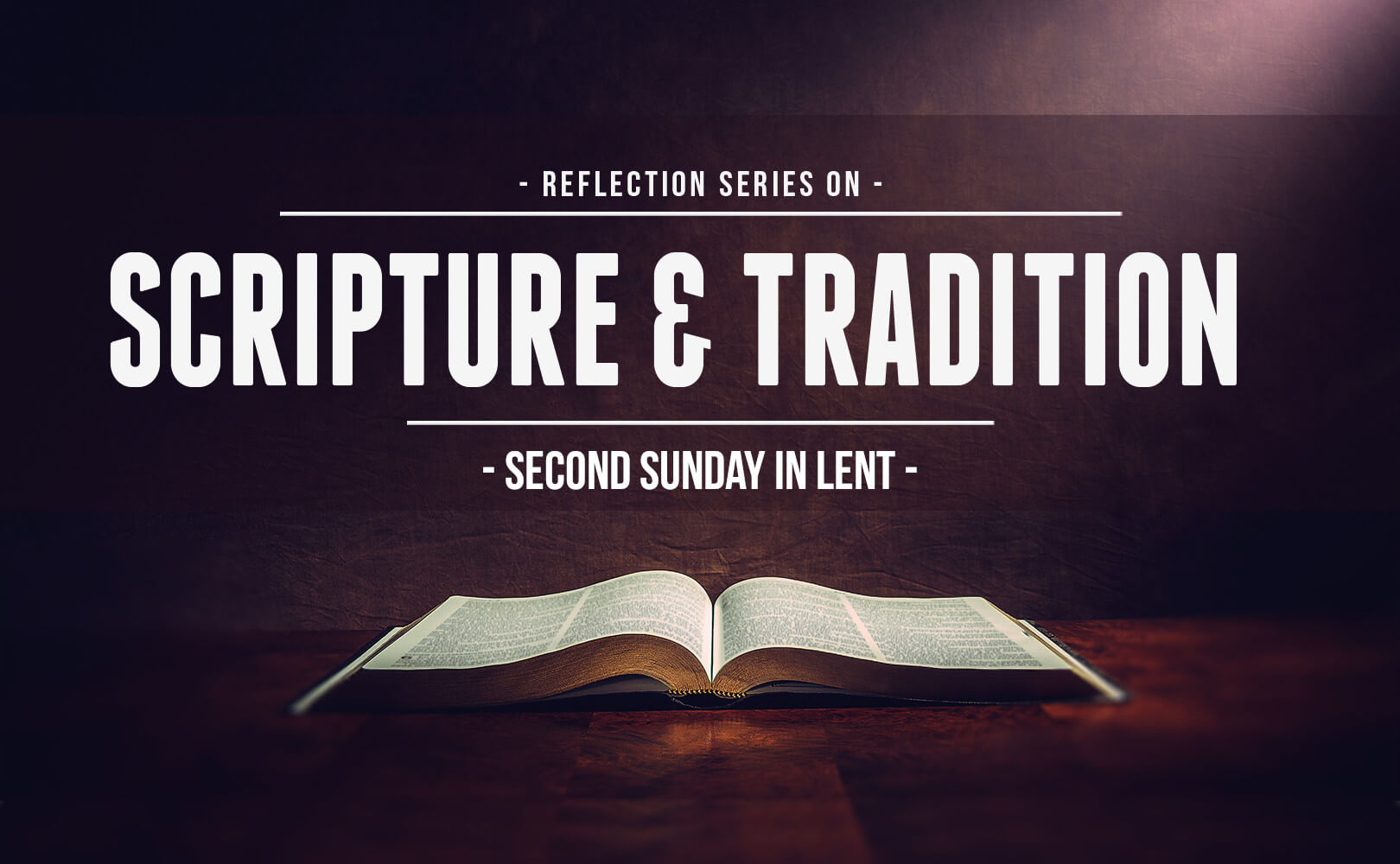Epistle: 1 Thessalonians 4:1-7
Gospel: Matthew 17:1-9
O God, Who seest that we have no power whatever from ourselves, keep us both outwardly in our bodies and inwardly in our souls; that we may be defended from all adversities which may happen to the body and from all evil thoughts which may hurt the soul.
– From the Collect for the Second Sunday in Lent
Lent is a time in which we discipline the body in order to improve our souls. On the Second Sunday in Lent the Church gives us prayers and readings to remind us of the importance of this ascetical undertaking.
Sunday’s Collect emphasizes the close connection between body and soul. The Church prays that “we may be defended from all adversities which may happen to the body and from all evil thoughts which may hurt the soul.” Catholicism has always navigated between Gnosticism and other “spiritualist” heresies on the one hand, and materialism on the other. The Church recognizes that God created man as a composite of body and soul. We are not simply souls with physical containers, nor are we bodies made up solely of physical matter. The human person is both body and soul, and both play a role in our path to heaven.
In Sunday’s Epistle, St. Paul makes this abundantly clear. He writes to the Thessalonians that the will of God is “your sanctification.” In modern times, the term “sanctification” points toward an exclusively spiritual reality. Yet the Apostle follows his statement by describing what that sanctification looks like: “That you should abstain from fornication: That every one of you should know how to possess his vessel in sanctification and honour, not in the passion of lust.” For St. Paul, sanctification is a very concrete reality; it is not simply a matter of saying one’s prayers and going to Mass—it is living a disciplined moral life, particularly a moral life in the body. Trying to be sanctified without restraining the passions of the body would be like trying to win a horse race without a bridle and reins.
However, today’s modern culture actively works against restraining our passions. St. John Chrysostom preached, “‘Not in the passion of lust,’ Paul says. Here he shows also the manner of moderation. By moderation we should channel the passions of lust. For luxury, wealth, idleness, sloth, ease, and all similar things lead to irregularity of lust within us” (Homilies on 1 Thessalonians 5). All of these things—luxury, wealth, idleness, sloth, and ease—surround us and constantly tempt us to live immoderately, giving in to the passions of lust.
Sunday’s Gospel also points to the importance of our physical bodies by directing our eyes to their glorious destination. Jesus takes Peter, James, and John to a high mountain where “he was transfigured before them. And his face did shine as the sun.” The Transfiguration is another indicator of the importance of the body. At this moment, Christ’s divinity shines forth in his physical body, revealing to the three apostles that he is the Son of God, and also that he is truly man.
The Church gives us these readings early in Lent so that we can see both the importance of disciplining the body and the body’s ultimate destination. For when one who is saved is reunited with his body at the Last Judgement, it will be a glorified body. Not just a body without any blemishes or weaknesses, but one that reflects the divine glory of Christ. So as we continue our Lenten penances, let us discipline our bodies so that our souls might become pure. Then we too might one day shine in the light of Christ.


